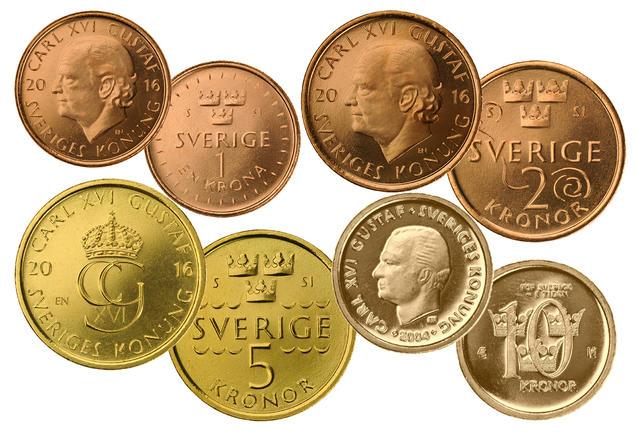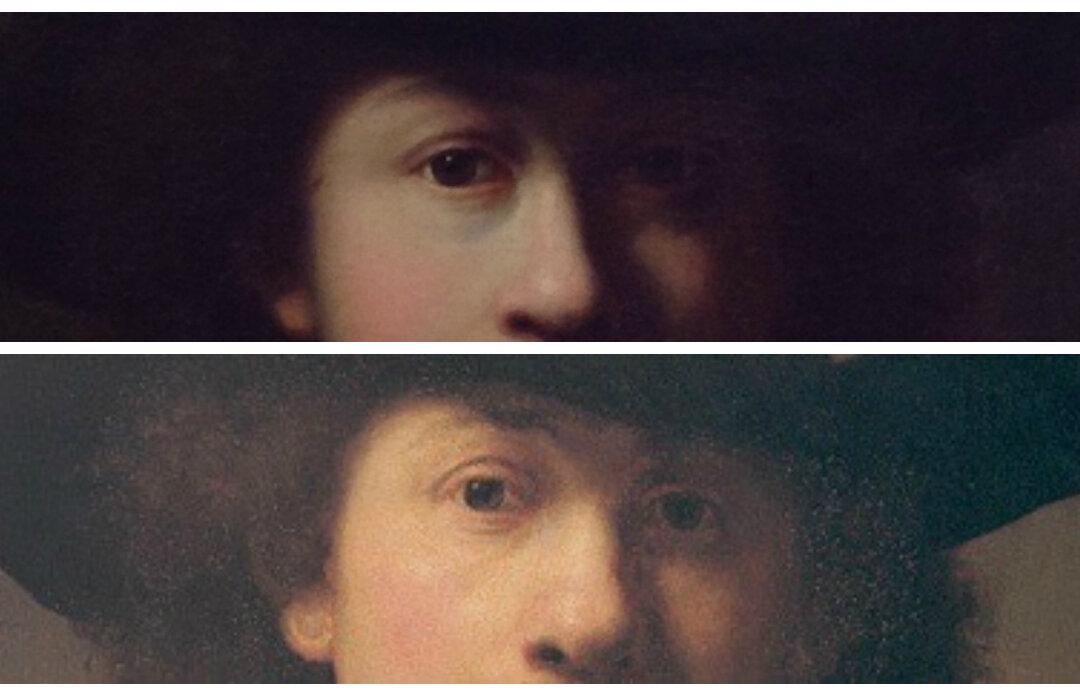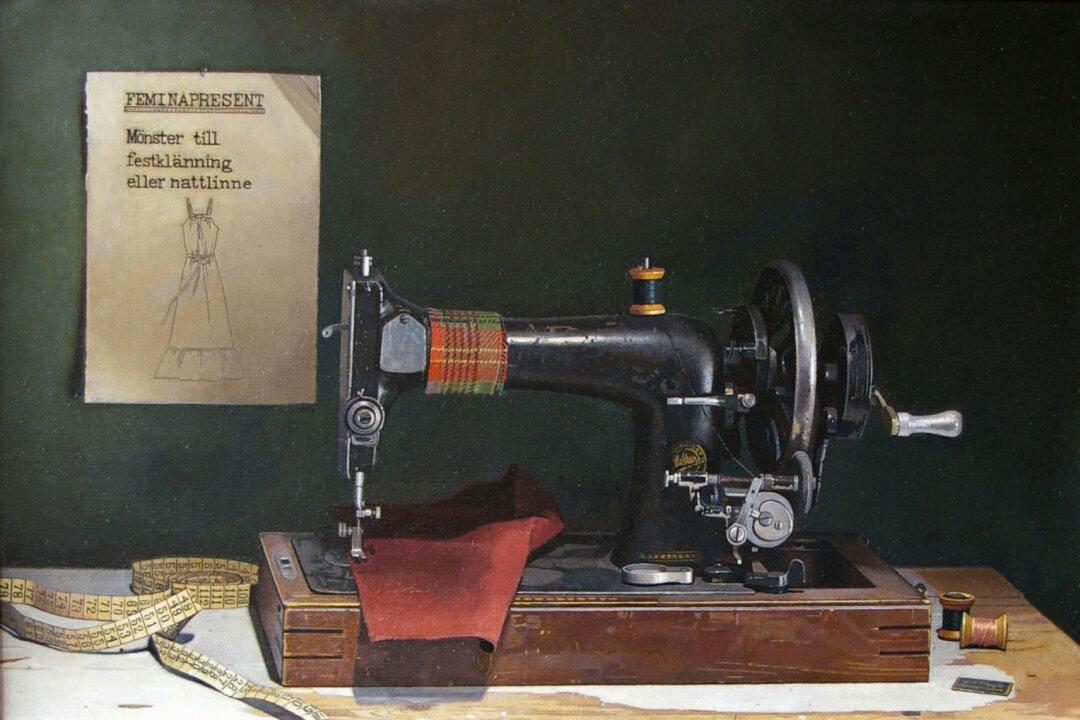GOTHENBURG, Sweden—Sweden could become one of the first cashless countries, a new report finds. Swedes already conduct four out of five transactions without involving cash.
The report, partly produced by the Royal Institute of Technology, argues that Sweden may be completely cashless in 2030. It is a long road, but Bengt Nilervall, commercial policy expert at the Swedish Trade Federation believes that cash transactions in Sweden may drop to a mere five per cent in the next ten years.





